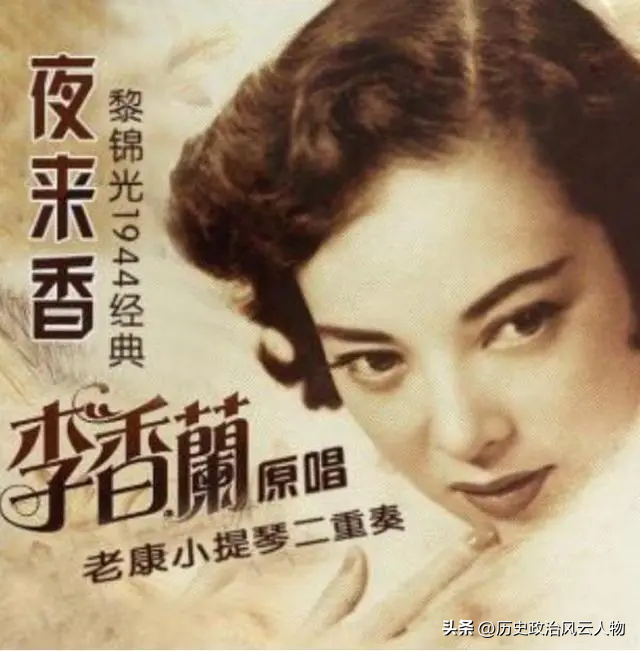At that time, in the March issue of the third issue of the third volume of the largest film magazine in Manchuria, Film Pictorial, to celebrate the 10th anniversary of the founding of Manchuria, Masahiko Gansu published an article entitled "War and Film", which clearly explained the historical mission of the "Manchurian" national policy propaganda. Part of the original text is as follows: "In peacetime, movies are certainly a kind of food for the hearts of the people, cultivating sentiments and purifying thoughts, and focusing on the charm of entertainment, but in wartime, because of the clever manipulation of its realistic effect, because it is recognized as the darling of propaganda and reporting, it is fully active to publicize the power of the country, and the reality is conveyed to the people more profoundly than words than paintings, so that the front line and the back of the gun are combined, and the film is responsible for the task ......of making the people fully cooperate with the consciousness and the concept of patriotism After its establishment, in order to form production capacity as soon as possible and release films as soon as possible, the internal organization was quickly improved, the personnel were expanded, and film professionals were also added. Kanichi Negishi, Mitsuo Makino, and Shingo Tanigawa are all influential movie characters. Since "Manying" is a national policy company, this spirit was strongly expressed from the beginning. The first work of "Manying" was "Candle Day", directed by Pingjing in 1938, which tells the story of Liu Degong, a model young man in the countryside, who is often attacked by bandits, defects to the puppet Manchukuo army, and is determined to crusade against the bandit leader Ma Detang. His actions were opposed by his elderly parents and uncle, but supported by his fiancée, Ruikun. After Liu joined the army, he was soon promoted to the rank of captain, and in a raid against bandits, he encountered the bandit leader Ma Detang, Liu was wounded, and was warmly cared for by the women of the National Defense Women's Association, and was discharged from the hospital after recovery, and returned to his hometown to reunite with his old mother and lover, and was welcomed by the whole village. The film tries its best to beautify the life of the puppet Manchu Army, with a strong propaganda color. The purpose of the film production is to promote the puppet Manchu Army, and the film was commissioned by the Ministry of Public Security, which strongly shows that the film is for politics and is a product of political needs. When talking about the first film, Tsuboi and the director admitted, "This is a film that strongly promotes the national army, and the theater effect is not good, so it can only play a certain role in propaganda." In addition to the film glorifying the puppet Manchu army, a film praising the puppet Manchu police was also filmed. For example, "Mainland Changhong" filmed in 1938 is a typical film that eulogizes the puppet Manchu police, exaggerating the image of the puppet Manchu police. "Mangying" filmed such films that nakedly propagated national policies and educated the Manchurian people. The films filmed in the early stage of "Manying" are all such films, such as "Selflessness in National Law", "Smoker", "Pastoral Scenery" and so on.
